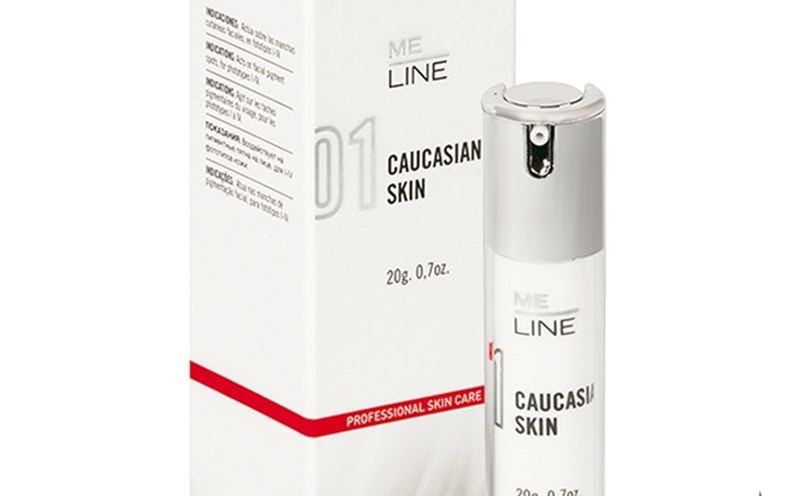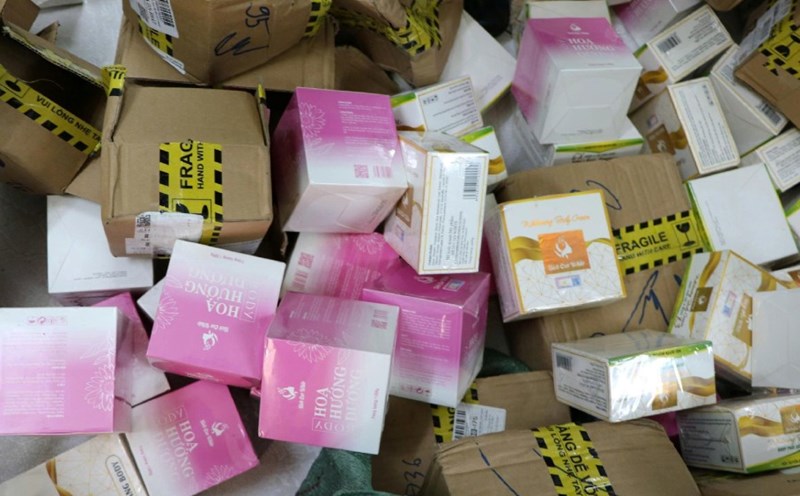Post- circulation testing creates a large cost burden for businesses
Commenting on the draft Decree regulating cosmetic management being consulted by the Ministry of Health, the Vietnam Federation of Commerce and Industry (VCCI) said that the regulation in Article 63.9 requiring enterprises to test products at least 6 months/time at the State testing system is unnecessary, and causes many consequences.
According to VCCI, the goal of ensuring product quality has been effectively implemented through the Certificate of Good Practice of Cosmetic Production (CGMP-ASEAN). All cosmetic products must be manufactured according to CGMP-ASEAN standards, and at the same time, a stability assessment must be conducted to ensure quality and safety throughout the use period.
The draft also clearly stipulates in Article 52.11: if the product does not meet CGMP-ASEAN standards, the declaration form will be revoked. Therefore, adding additional testing requirements after circulation is redundant and unnecessary.
Regarding effectiveness, testing is done on samples sent by the enterprise itself, leading to the risk of not accurately reflecting the quality of actual products on the market.
This approach is considered to be in contrast to the modern management trend, when many countries in the EU and ASEAN have switched to objective post-inspections, through direct market Sampling and the application of a risk classification system. This is a method to help improve the effectiveness of real supervision, instead of formal testing.
Regarding policy consistency, according to VCCI, only recognizing the test results of the state system is considered to cause discrimination between the private and public sectors, going against the spirit of Resolution 68-NQ/TW on private economic development, which emphasizes the principle of equal treatment between economic sectors.
If this regulation is mandatory, the state testing system may be seriously overloaded when having to process millions of samples each year. From the above analysis, VCCI proposed that the drafting agency abolish the regulation on product testing after circulation.
On the validity of the announcement and the extension procedure
The draft stipulates that the validity period for cosmetic product announcement is 3 years (Article 7.3), shortened by nearly half compared to the current regulations (5 years). VCCI believes that this regulation has not clarified policy goals while significantly increasing the burden of procedures for businesses, because changes in product information have already had to be announced or updated according to current regulations. Therefore, it is recommended to keep the announcement valid for 5 years.
Notably, the current extension procedures are also considered causing trouble. The draft requires businesses to re-perform the same procedures as the new announcement, even if there are no significant changes. VCCI warned that this not only increases compliance costs but also causes backlogs of documents, affecting product supply.
From practical management, VCCI proposed to switch to an automatic mechanism to extend the announcement, similar to current regulations in the pharmaceutical field. Article 56.8.c of the 2024 amended Pharmacy Law allows automatic renewal of drug circulation registration until there is another decision from the Ministry of Health.
The cosmetic industry has a lower risk level, so a similar mechanism can be applied. In the ASEAN region, many countries are also applying an automatic extension mechanism if the content of the dossier remains unchanged.
According to Article 7.1.b, enterprises must re-publish products if there are changes in the content of the dossier, including changes in addresses due to adjustment of administrative boundaries. VCCI believes that this is an objective factor, not changing production reality, so it is unnecessary to request re- disclosure. In other areas such as business registration and tax, address updates are only carried out when there are simultaneous changes in other important contents.
Similarly, the regulation requiring re- disclosure when adding import facilities is also considered unreasonable. Changing importers does not affect product quality, while it is necessary for businesses to promptly adapt to the market. VCCI recommends allowing enterprises to add information about import facilities to the Declaration Form within 1 month, instead of being forced to re-declare.











